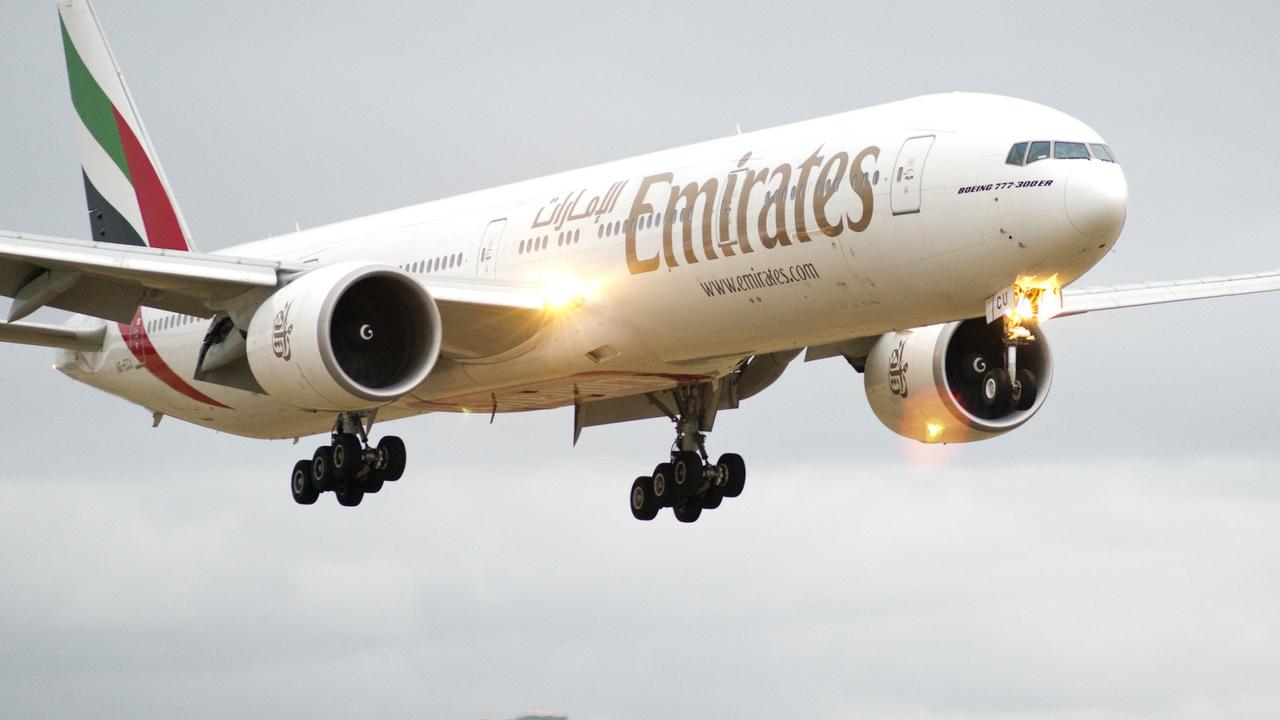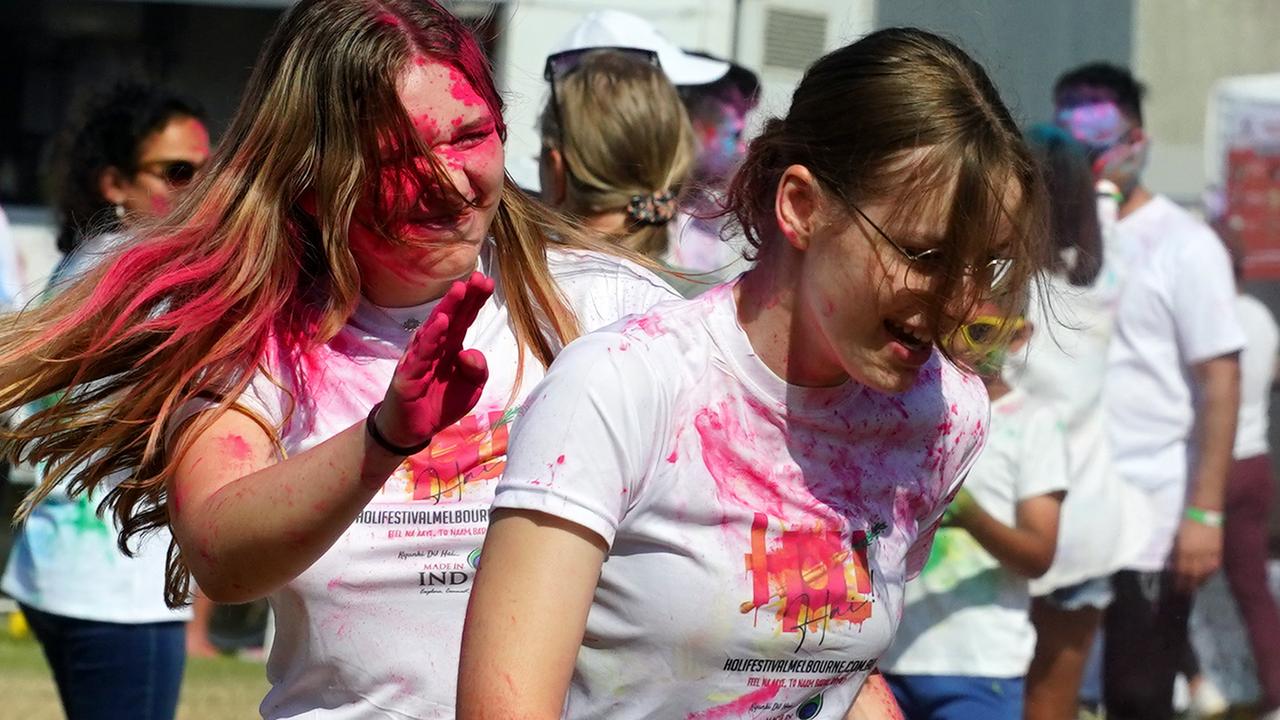Australian vaccine rollout sees calls to open borders and resume international travel
It’s only been a week since the first Australians got their COVID jab and already there’s debate over an ambitious plan for easing travel restrictions.
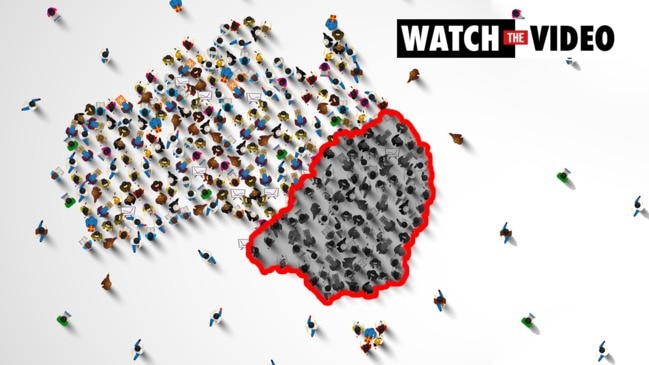
Australia’s vaccination rollout is under the way and there’s growing pressure for restrictions to be eased as soon as possible.
Today the Business Council of Australia (BCA) released a proposed three-step plan for the dropping of restrictions including for state borders to be opened permanently and the return of international travellers. Qantas has also announced it hoped to resume international flights on October 31, by which time all adult Australians are expected to be vaccinated.
“We are confident there should be a good case for reopening in October, (when) the population will be fully vaccinated,” Qantas chief executive officer Alan Joyce said on Thursday.
But one expert has warned about the dangers of pulling back too soon, saying Australia should not be making decisions based on what the chief executives of airlines want.
“Border control is a critical public health policy here,” economist and modeller Professor Quentin Grafton of Australian National University told news.com.au.
“The government has got to be very careful how it opens the border and it can’t be decided by CEOs from airlines.
“It’s got to be decided by public health professionals working out what’s best for the country.”
Prof Grafton said that at the beginning of the coronavirus pandemic, some businesses had argued against quarantine but they had been proved wrong as it was one of the most important factors in Australia’s success in keeping the virus under control.
RELATED: First doses of AstraZeneca vaccine arrive in Australia
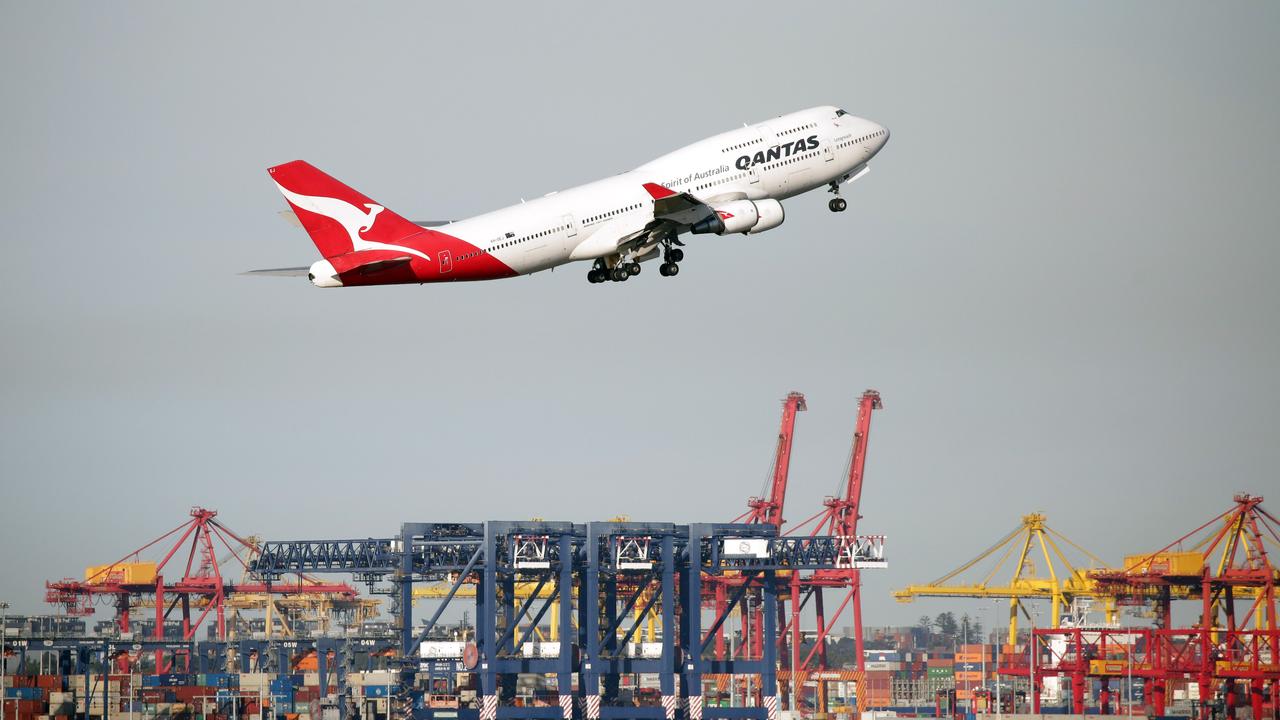
He noted that even if Australia was successful in vaccinating all adults by October, there would still be around 5.5 million people under the age of 18 who wouldn’t be vaccinated.
Polls also indicate a couple of million may choose not to be vaccinated, and another three million may still get symptoms because the vaccines do not have 100 per cent efficacy.
Prof Grafton noted published data on the AstraZeneca vaccine, which is set to be rolled out widely among Australians, had an efficacy rate of around 70 per cent, which meant about 30 per cent of people vaccinated would still get symptoms.
“You’ve got potentially millions who could still get symptoms although the severity of symptoms would depend on their age and what variant they got,” Prof Grafton said.
He said data also showed AstraZeneca might only have around 20 per cent efficacy against the more infectious South African variant.
Prof Grafton said the AstraZeneca vaccine may turn out to be more efficacious than the initial reports showed but until authorities had more information, he believes they should be careful about allowing the free movement of people from other countries.
“I’m not saying we keep (restrictions) where they are at now but we need to make sure as many people as possible get access to a highly efficacious vaccine, while maintaining some measures and careful border controls,” he said.
RELATED: When WHO believes pandemic will end
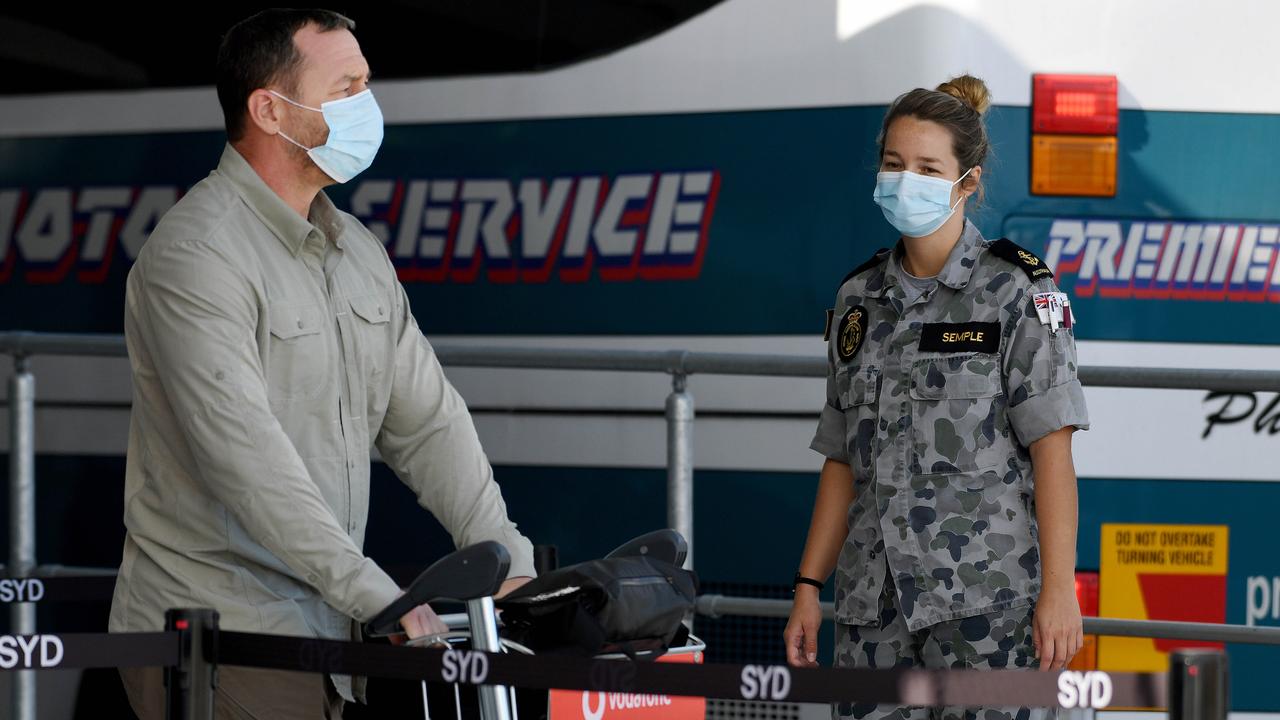
The BCA has suggested a three-step process for opening, beginning once phase 1b of the vaccine rollout begins.
Phase 1b of the government’s vaccination program sees those aged over 70 as well as adults with an underlying medical condition get their jabs. It comes after the vaccination of frontline workers and aged care residents during phase 1a.
Once phase 1b begins, BCA wants state borders to be open permanently and for all capacity caps in venues and workplaces to be lifted.
During phase 2a, which would see the rollout extended to those aged over 50, it suggests opening international borders to key groups including international students while maintaining hotel quarantine.
Then during phase 2b, when the balance of the adult population is vaccinated, it wants to see “vaccine corridors” opened to allow travel between low-risk countries.
After this last stage, the BCA believes international borders should be opened for all international travellers with proof of vaccination.
BCA chief executive Jennifer Westacott said unpredictable state-by-state lockdowns were killing small businesses.
She said surveys had found 50 per cent of Australians were not planning to travel because they were worried about borders shutting behind them and not being able to get home.
“We can’t go on like this,” Ms Westacott told 2GB’s Ben Fordham on Tuesday.
RELATED: How the vaccine will change our lives
“We’re losing billions of dollars in the economy and of course, for a small businessperson … that’s the end of them. They can’t get back up.
“We need to say, ‘well okay, the vaccine is rolling out. Let’s take this opportunity to open and keep open the economy in line with the vaccine roll-out’.”
However, there is scepticism about whether Australia’s ambitious vaccination program can reach its targets.
Australia’s leaders have said their aim was to vaccinate all adults who want the jab by October this year but an announcement last month that a 12-week gap would be required between doses for the AstraZeneca jab, may see people getting their second jab later than expected.
On February 16, Australia’s Therapeutic Goods Administration (TGA) approved the AstraZeneca vaccine for use in Australia with a 12-week gap between the two doses required.
Health Minister Greg Hunt was asked whether gap, which is longer than originally expected, would delay the vaccination program.
Mr Hunt said Australia was “absolutely on track” for every Australia who wanted the vaccine to have had at least their first dose.
“We’ll look at what it means in regards to the second dose,” he said.
Experts have pointed out that Australia would need to be vaccinating about one million people a week if it was to have any chance of meeting its October deadline.
In the first week of the vaccination program, just 33,000 people were vaccinated, which was also well short of the government’s 60,000 goal for that week.
The government intends to ramp up the number of doses being delivered, although it’s unclear what their maximum weekly doses will be.
Mr Hunt has said around one million doses of the AstraZeneca vaccine would be available each week from March.


